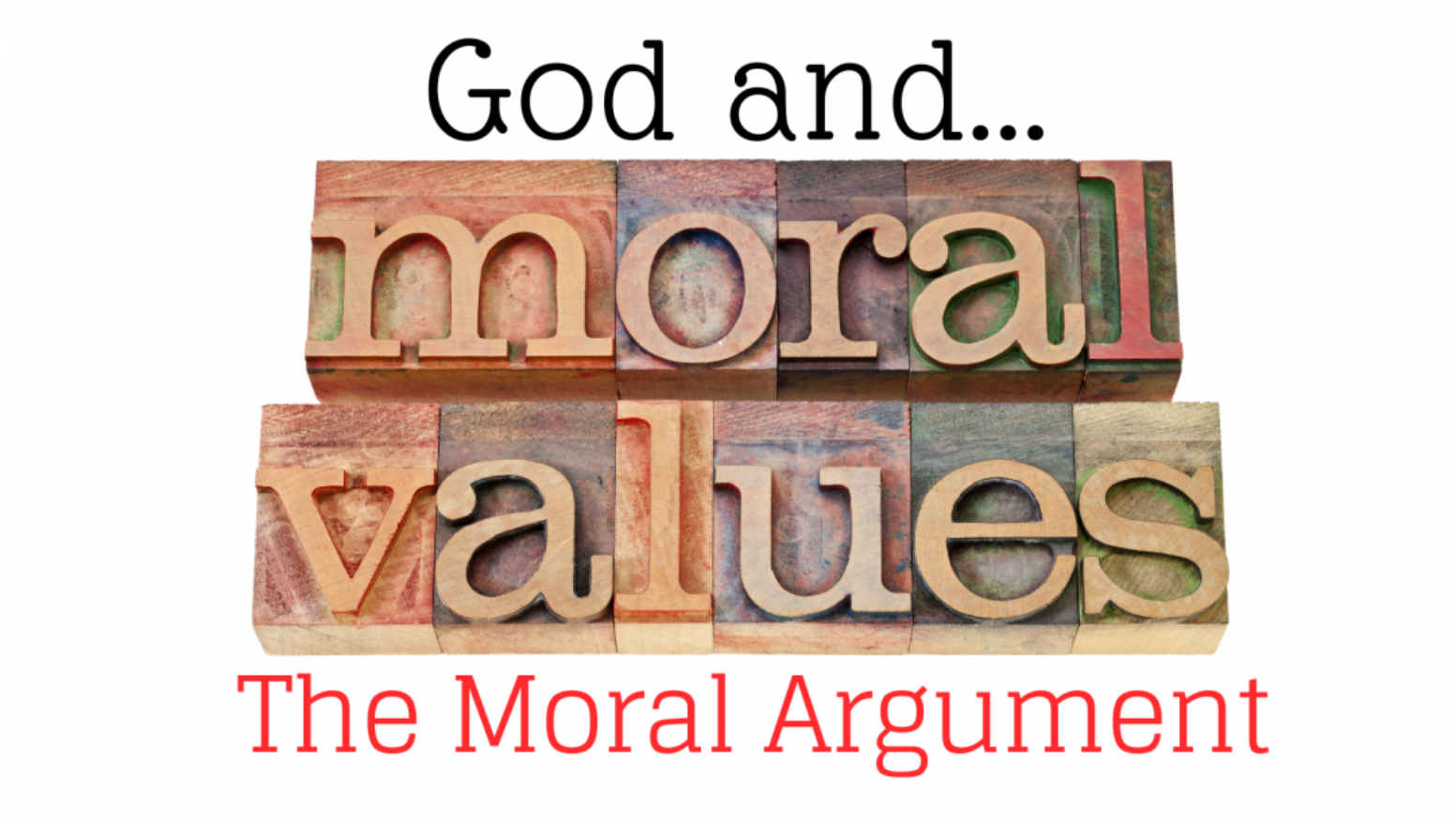Another problem for Moral Naturalism as an explanation for the existence of objective moral truths can be called the Value Problem. Central to any successful moral theory must be a reason for the value that almost all people place on human life. For some reason, most people seem to think that humans have intrinsic value—value in and of themselves. Furthermore, most people seem to believe that human beings have greater value than animals, even animals that have very high levels of consciousness or complex social behaviors and capacities. In fact, most of us believe in the absolute value of humans. For example, people will generally agree that a disabled person is just as valuable as a person having full function. Similarly, most would agree that the least of the human species in capacity or moral quality is still more valuable than the greatest of apes, etc. In other words, most people recognize that humans are objectively valuable—that they have the same value regardless of their abilities or character. But, the Value Problem asks, how can we justifiably place this kind of value on human beings? As Craig has written,[1]
In particular, why think that human beings would have objective moral worth? On the atheistic view, human beings are just accidental byproducts of nature which have evolved relatively recently…it’s hard to see any reason to think that human well-being is objectively good, any more than insect well-being or rat well-being or hyena well-being.
Peter Singer, an atheistic ethicist, sees this point clearly and suggests that if we place greater value on humans than animals, then we are guilty of speciesism—unfairly preferring humans to other animals in our ethics. He goes so far as to say, "The belief that human life, and only human life, is sacrosanct, is a form of speciesism."[2] Now, on Evolutionary Naturalism, Singer is right. His position is consistent with this theory. If humans are evolved animals, then we are no more valuable than any other animal. In fact, it could be argued and sometimes is, that we could be considered less valuable than other animals because of our relative abundance and their scarcity and so on.
But, surely we know that Humans are different from animals and more valuable. This is the basis for many of the objective moral truths which we observe in reality. Truths like it is absolutely wrong to torture a child or to take an innocent human life, etc. If we cannot establish the absolute value of human beings, then we cannot establish these absolute and objective moral truth claims. Instead, moral truth claims concerning humans become subjective. In other words, moral naturalism has a value problem—it cannot establish the objective and absolute value of humans. Consequently, it does not and cannot support objective moral truth claims concerning the value of humans.
[1] Craig, William Lane. “Navigating Sam Harris' The Moral Landscape.” Reasonable Faith, 1 Apr. 2018, www.reasonablefaith.org/writings/popular-writings/existence-nature-of-god/navigating-sam-harris-the-moral-landscape/.
[2] Singer, Peter. Animal liberation: the definitive classic of the animal movement. New York: Ecco Book/Harper Perennial, 2009. Print.
